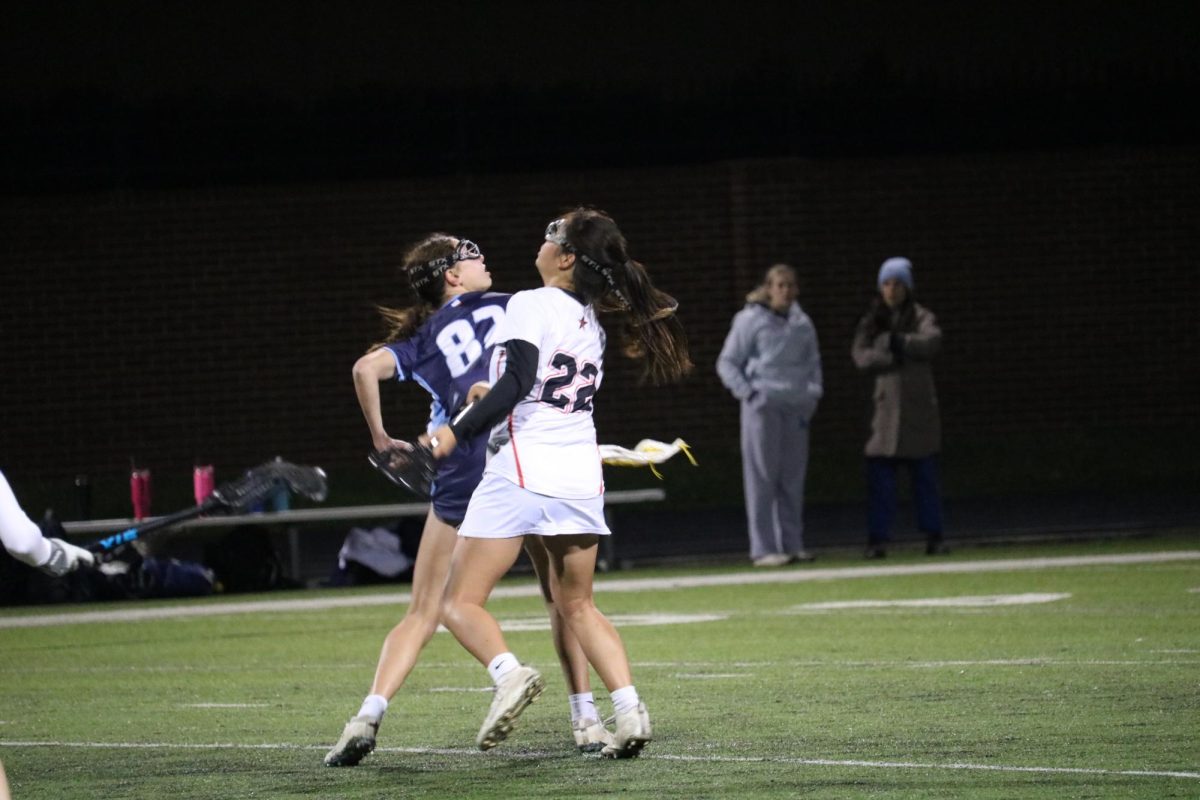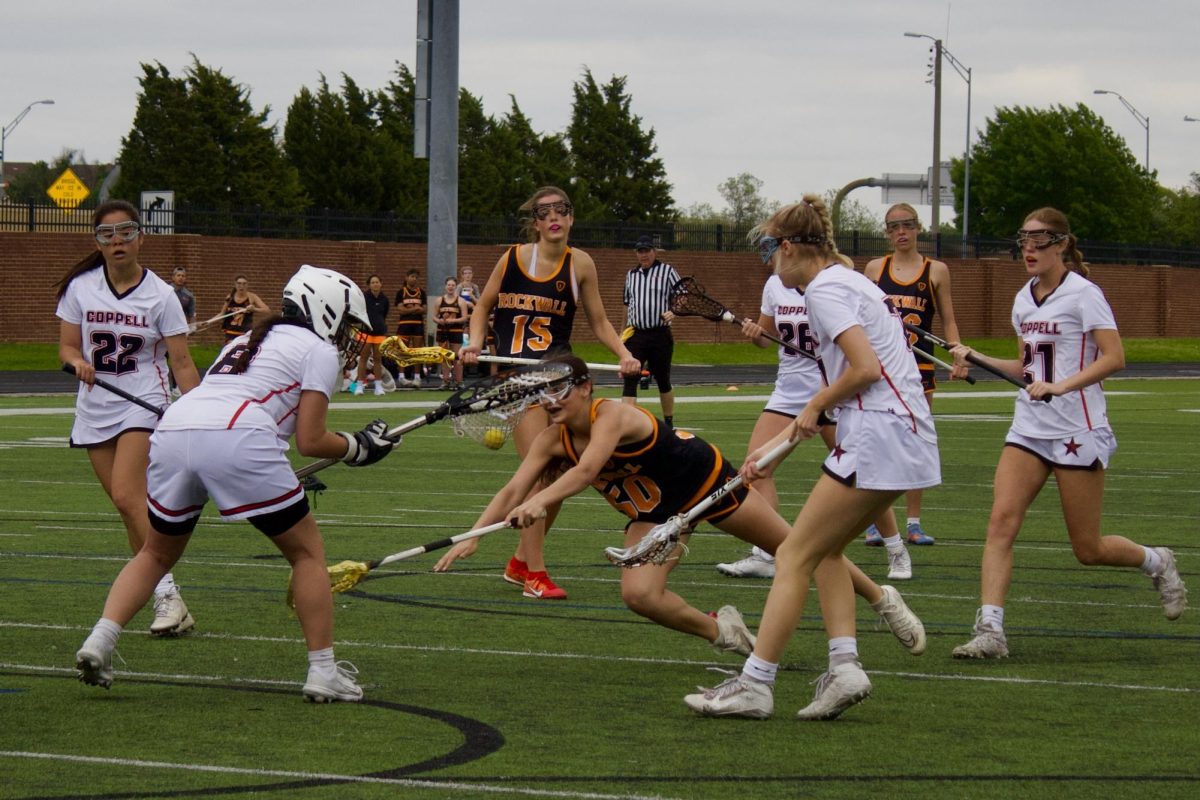By Alex Nicoll
Editor-in-Chief
@NicollMac
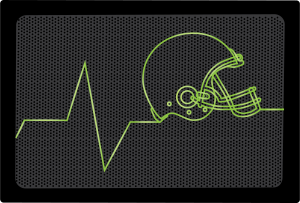
A normal physical typically consists of a visit to a physician’s office to fill out forms and be checked over by the doctor on call. Every athlete from seventh grade to the collegiate level knows this process from when they enter athletics.
However, a new bill could add more testing, more costs and more concerns for athletes now. This is House Bill 767, and it would require athletes to get an electrocardiogram or ECG.
An ECG detects heart problems by analyzing the electrical activity. It can test for coronary heart disease, an arrhythmia, congenital heart defects and most importantly, hypertrophic cardiomyopathy or HCM.
“We want to do whatever we can to avoid [an athlete’s death],” Director of Preventative Cardiology Program at UT Southwestern Medical Center Dr. Amit Khera said. “On the flipside though is that this is not common. It’s still pretty rare, as rare as almost a lightning strike in terms of number of times a year.”
Coppell ISD is one of the districts in the state requiring a yearly physical, while the UIL mandates one be done every two years an athlete is in the sport. Because of this, athletes would only be required to get an ECG the first year they play a sport and before the third year.
While proponents for the bill cite that it is easily accessible, cheap and could save lives, leading medical groups such as the American Heart Association are opposed to the bill for a few reasons, with one being that these tests have a high percentage of false positives. It is estimated the inaccuracy would range from 3 to 10 percent, according to an article published in The Dallas Morning News.
“Whenever you test anything in a low prevalence population, you’re always going to get more false positives than true positives,” Khera said. “So this is the same with ECGs. What you are trying to find, which are these diseases that run in families largely, are cardiac problems that can affect the student athletes and lead to sudden death – the prevalence is really low and not common.”
These false positives can be caused for many reasons one being the fact that it is an athlete’s heart. Athlete’s heart are thicker than a normal heart because it is being exercised more and do not look the same as an average heart. This means that it does not sit on the bell shape curve of a normal heart, so it is difficult to differentiate between an abnormal reading or a normal one, according to Khera.
False positives are not the only cause of concern for athletic trainers and physicians, especially in Coppell. Lack of skilled physicians, costs to buy the ECG machines and time are others.
“All these readouts need to be read,” Coppell physician Dr. Tony Swaldi said. “But who’s going to read them? Will it be the athletics trainers, the volunteer physician that shows up to do these [physicals] which a lot of them are not trained to read ECGs? So all these ECGs will probably need to be read by cardiologists and I think it will build a false sense of security because you can have an early phase of HCM and have a totally normal ECG. I don’t think this is going to do it. Having false positives is one thing but having false negatives is another.”
The bill passed through the Texas House of Representatives and is poised to get through the Senate as well despite opposition from expert opinions from these medical groups.
“I’m a little annoyed that [the Texas legislature] is trying to legislate the practice of medicine and not even base it on science,” Swaldi said. “I’m baffled by it.”
With the implementation of the bill, the normal $20 cost for athletic physicals with Coppell physicians would increase to $35. This is just the basic increase of costs for parents, however, they can apply for a waiver due to financial or religious reason. If an athlete was found to have an irregular ECG reading, additional testing would be required before they would be cleared to play their sport again.
The next step in testing is scheduling an echocardiogram. An echocardiogram analyzes anomalies in the heart and its valves by using sound waves to create images of the heart in the same way a ultrasound works.
This test would be one of the most precise ways to determine correctly if an athlete is at risk for hypertrophic cardiomyopathy.
“That is the single one thing that is going to give you the most valuable information,” Swaldi said.
But it also comes with a hefty price tag.
“An echo can be a few hundred dollars, I would estimate around $400-$600,” Khera said.
Neither the school district or state would pick up that tab either.
“The parent would carry that burden,” Swaldi said.
Khera did acknowledge that parents would not pay the $400-$600 outright and that insurance would cover some if not all of the costs.
While ECGs may or may not be the best way to discover heart anomalies, Coppell High School athletics trainer Yvette Carson has a different idea of what the UIL and state legislature can do to ensure that any type of problem is caught before an athlete participates in an activity.
“Where you catch any sort of problem is in a good yearly physical,” Carson said. “Require a physical every year. Why don’t they just do that instead of adding extra testing?”
Another preventative is the “safety net” of questions and tests that are conducted during the physicals currently Swaldi said.
“If we keep doing what we are doing, we will be able to safeguard against a lot of things,” Swaldi said.
Out of the thousands of sports physicals Swaldi has conducted, he has never had an athlete had to sit out or require further testing because of HCM or an other cardiac anomaly. However, if the bill becomes a law it could have drastic effects on healthy athletes that fall victim to the imperfect screening system.
“There are probably going to be a lot of kids who get put on the bench for no good reason and then again there will be some that come through there with a stamp of approval and they still have a problem that they missed,” Swaldi.
The bill, authored by Wayne Smith, R-Baytown, is currently hung up in the Senate Education Committee after passing the House of Representatives on April 14.
For the full bill text click here.









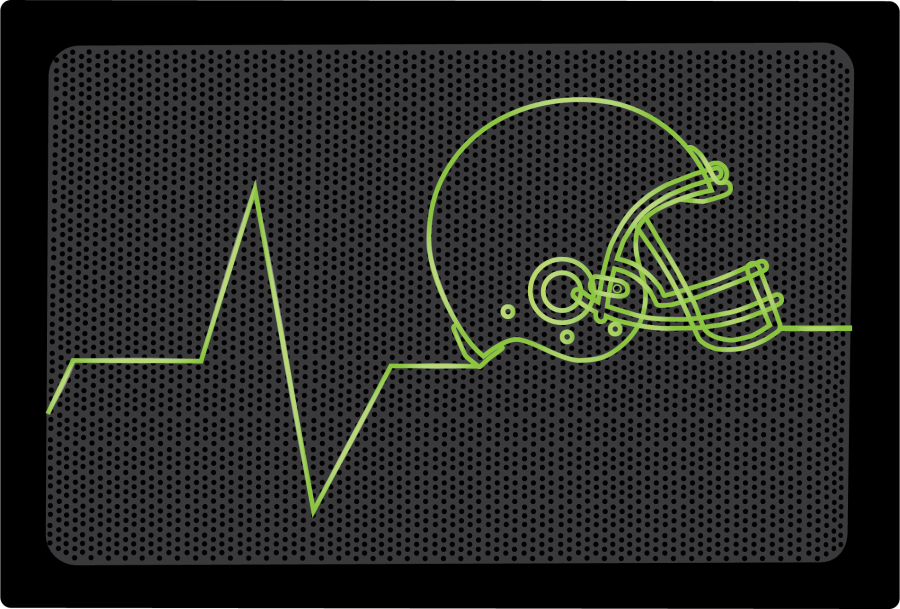





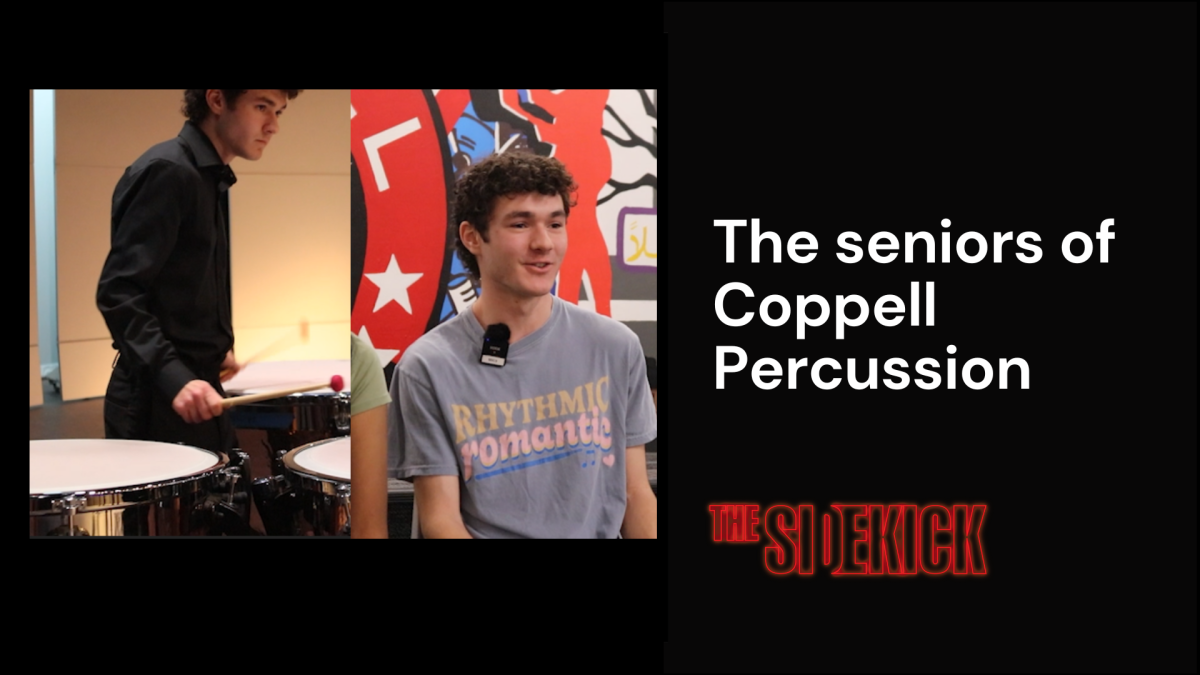
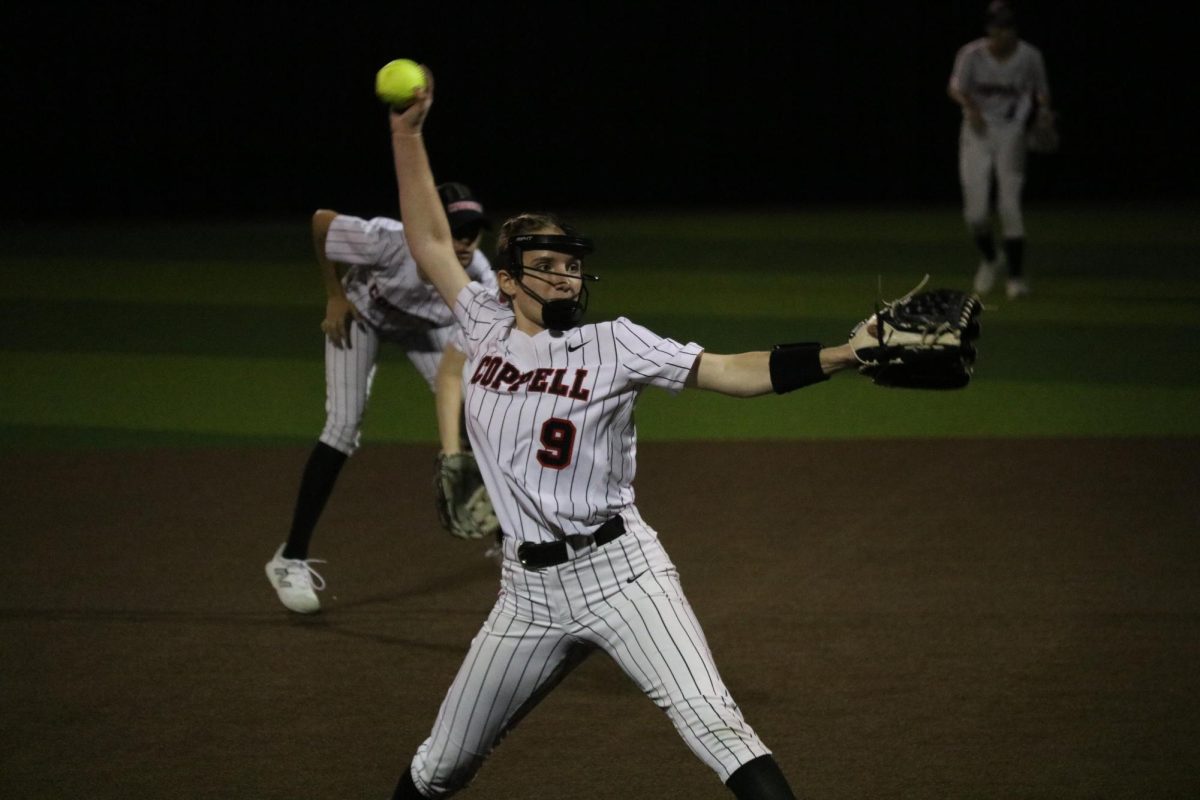
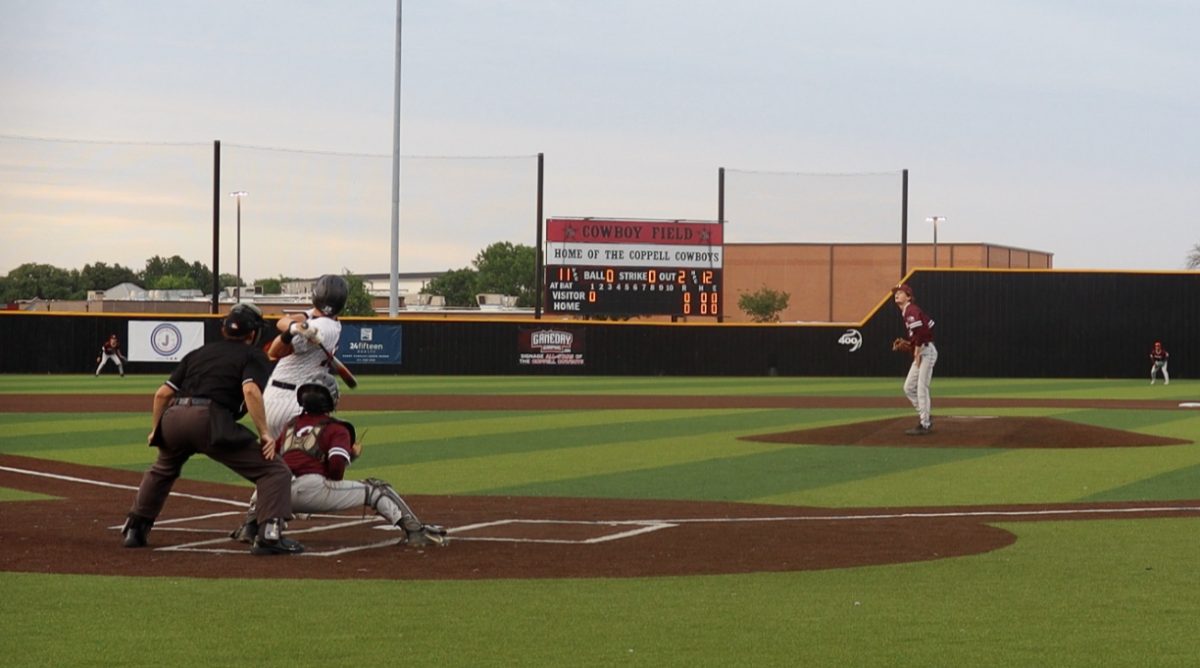
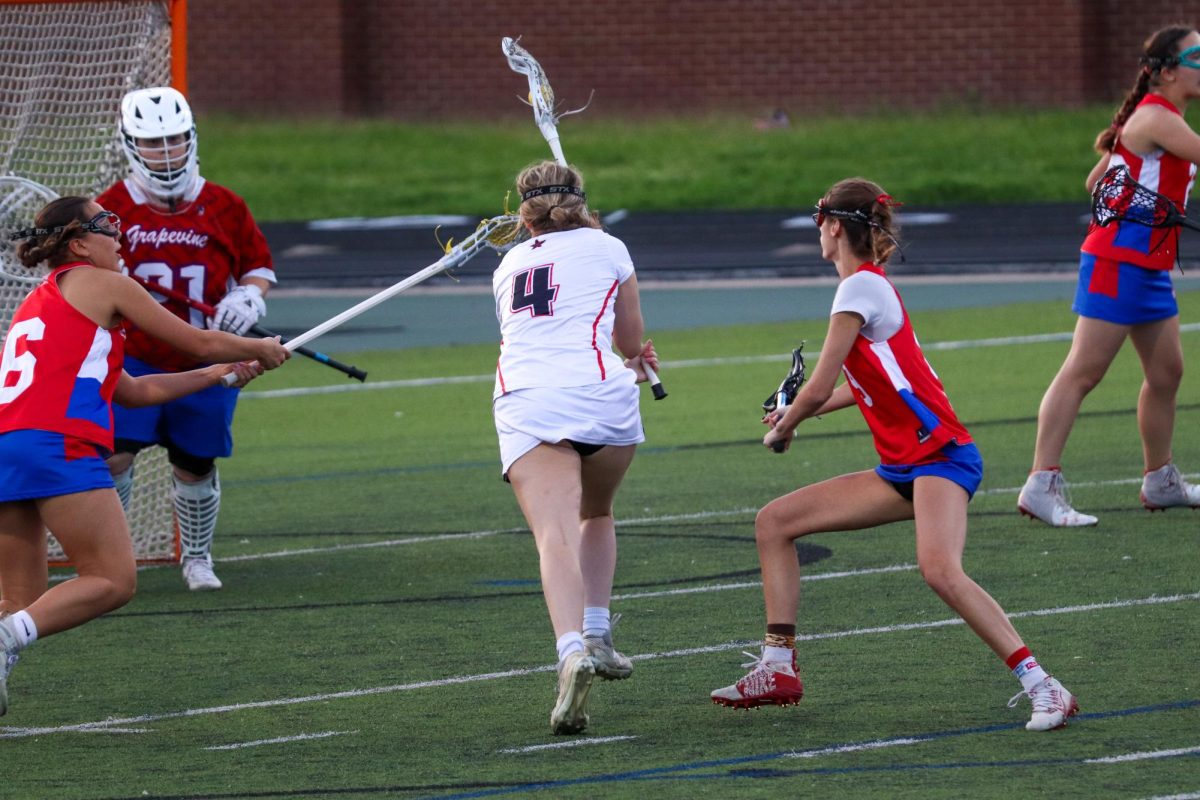
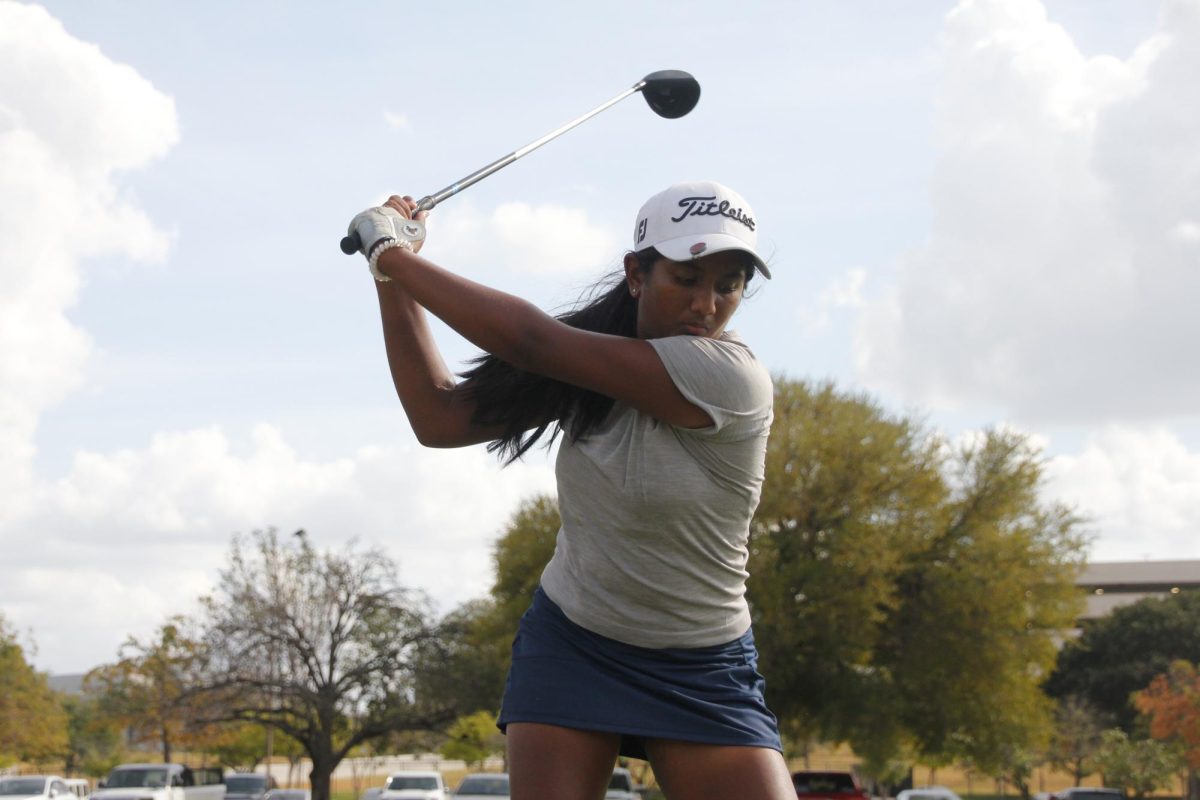
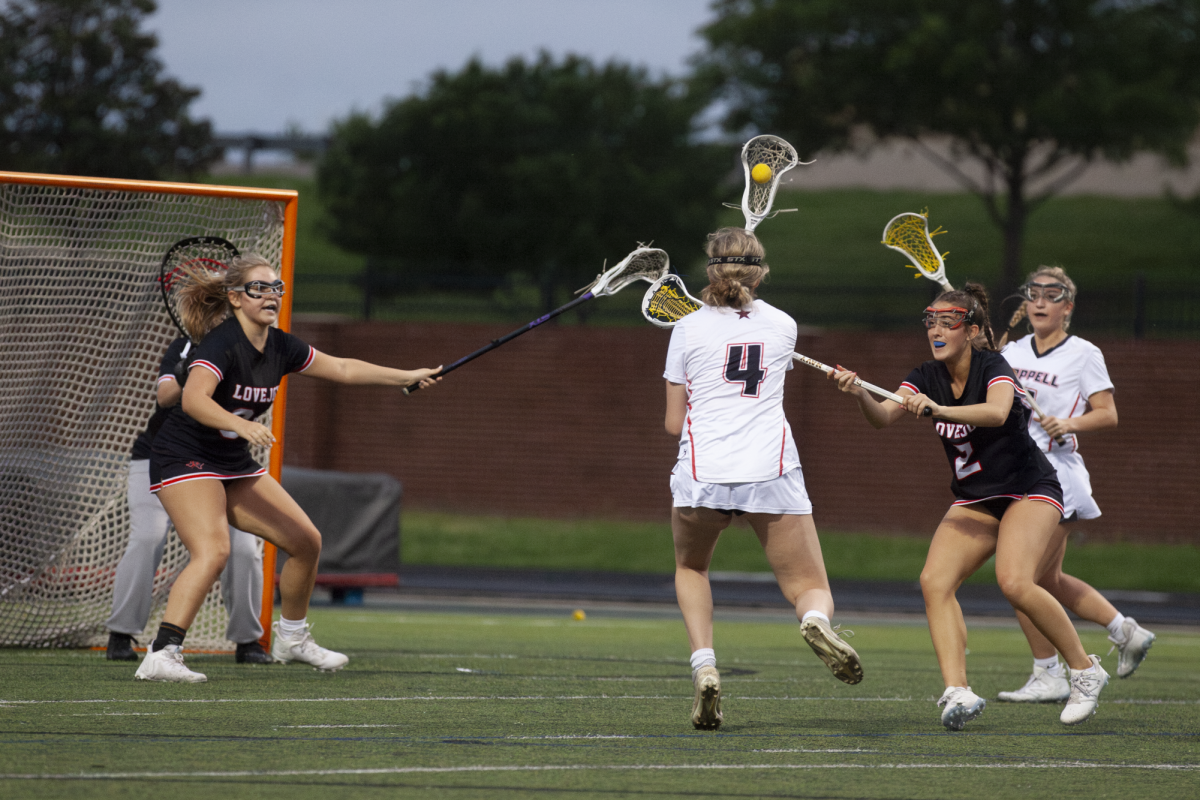

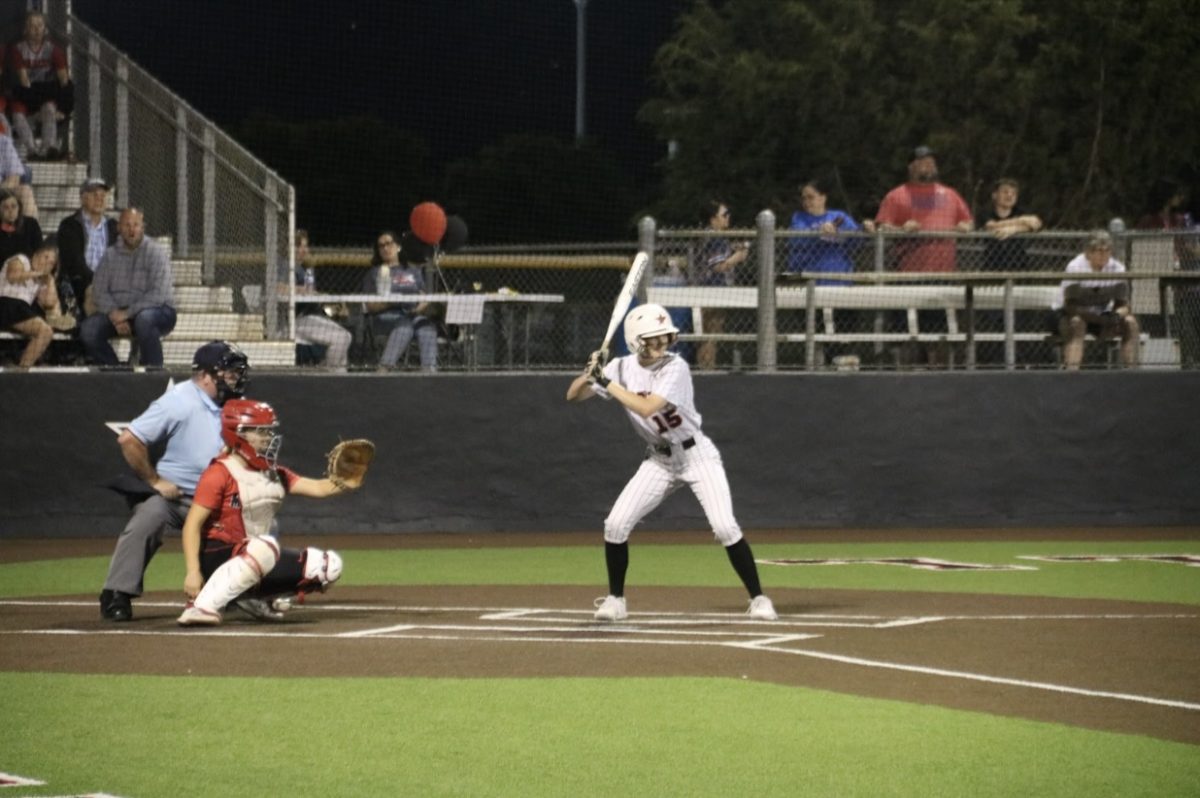
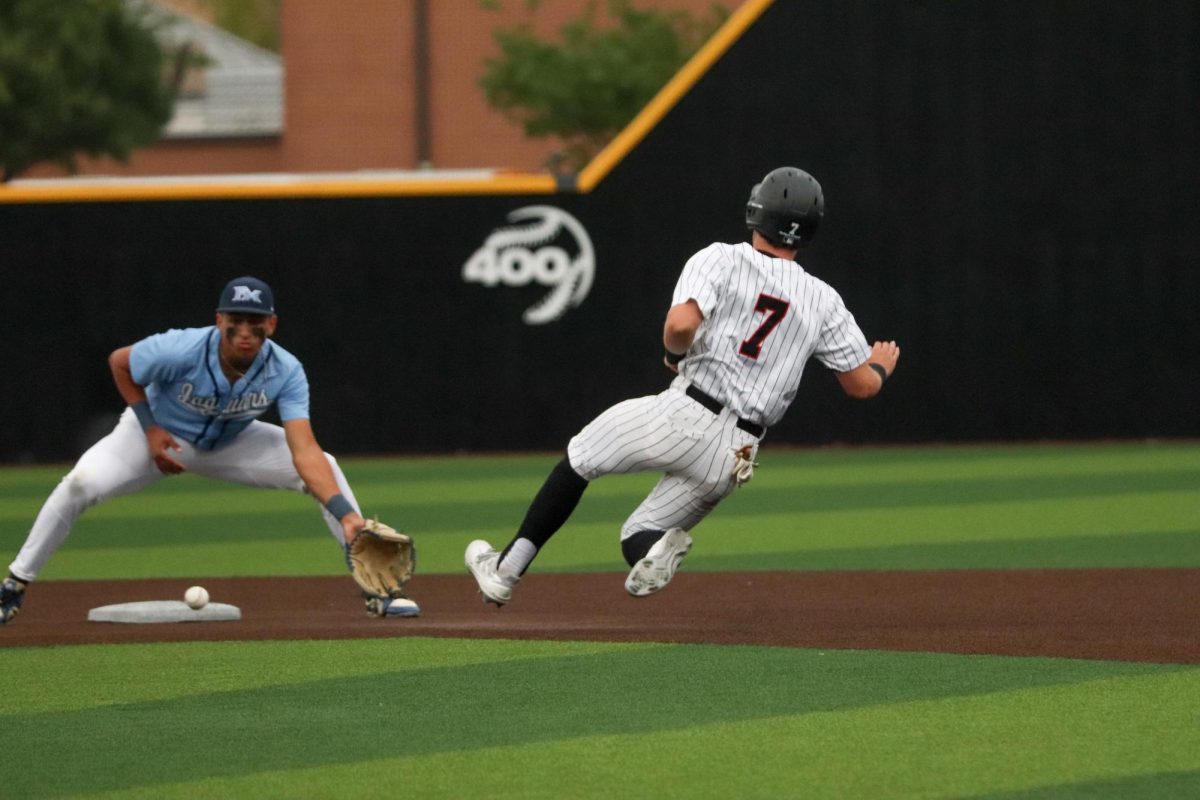

![Coppell senior Davin Robert pitches against Rockwall during the [inning] on Saturday at Coppell ISD Baseball/Softball Complex. The Cowboys lost 5-4 against Yellowjackets.](https://coppellstudentmedia.com/wp-content/uploads/2024/04/IMG_0049-1200x800.jpeg)
